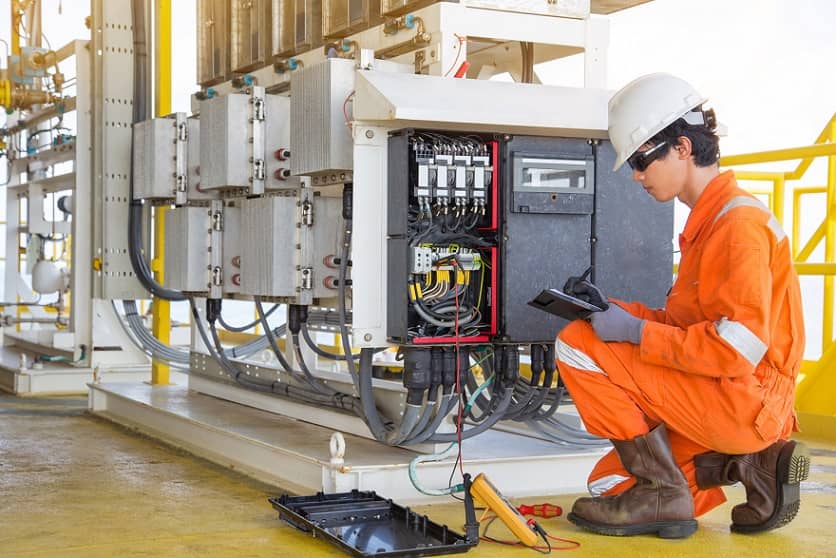Did you know that an estimated 150,000 home fires involve energy appliances? If you have a generator, taking steps to maintain it is essential to keep your home safe.
After all, generators supply power to your home. In a power outage, your generator will power your furnace, fridge, sump pump, and more.
To learn some generator maintenance tips, keep reading.
1. Regular Inspections
Regular inspections should include a thorough check of all parts and components of the generator. It includes fuel lines, filters, mounting brackets, and electrical connections.
During an inspection, inspect all accessible surfaces for dirt, corrosion, or other signs of damage or wear. Any existing damage should be addressed as soon as possible.
Be sure to pay special attention to the fuel system. It can be the source of many generator-related problems. Scheduling regular generator repair, inspections, and maintenance will help ensure your generator’s longevity and reliability.
2. Routine Fluid Checks and Changes
Regularly check the oil, coolant, and fuel levels of your generator. Follow the manufacturer’s guidelines for recommended intervals for fluid changes. Clean or replace filters as needed.
Clean fuel is essential for optimal generator performance. Consider using fuel stabilizers to prevent fuel degradation when the generator is not in use for extended periods.
Regular maintenance checks include regular refueling, which is why it is important to make sure that you find a dependable generator refueling service. Check this generator refueling service to make sure your generator is refueled the right way.
3. Battery Maintenance
To ensure optimal battery performance and to avoid unnecessary wear and tear, it is essential to check the water level and top off with distilled water if necessary. Keep the battery terminals clean and corrosion-free by using a baking soda and water solution.
Clean the cables and terminals if needed and ensure they are correctly tightened. Store the generator in a clean, dry area, and when connected to a wall outlet, make sure the charger is disconnected. Inspect the battery for wear and replace it if necessary.
4. Load Testing
Periodically perform load tests to simulate real-world operating conditions. Load testing helps verify that the diesel generator can handle its rated capacity and functions correctly under different load scenarios. It also helps identify any issues with voltage regulation or other electrical components.
5. Professional Servicing
For professional servicing, there are a few essential tips to keep in mind. First, always follow the manufacturer’s maintenance schedule and periodic checks. This includes checking engine oil, antifreeze coolant, air filters, and spark plugs.
It is essential to pay close attention to the electrical connections. It is to ensure they are secure, operational, and debris-free.
Regular servicing and maintenance is the key to keeping a generator running efficiently and safely. With professional servicing, these preventative measures are taken promptly. You can rest assured that your generator is in good condition.
Start to Perform a Generator Maintenance Now
Perform regular generator maintenance and checkups to keep your generator running safely and efficiently. Follow these tips to ensure generator upkeep and reduce the risk of unexpected breakdowns. If you need help maintaining your generator, contact us today and let our team handle it.
Did you find this article helpful? If so, check out some of our other blog posts.

